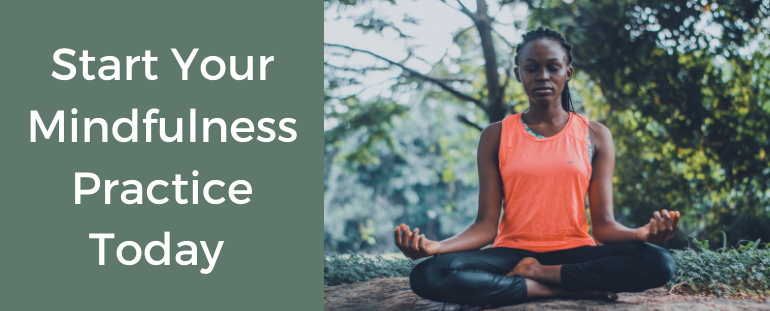
By Gayani Weerasinghe
COVID-19 brought new challenges to say the least. We are constantly bombarded with 24-hour news cycles reporting on all the things that are going wrong, exposed to millions of unknown cues on social media about the deaths, the health issues, and the risk to us and our loved ones. The constant stress activates your fight-or-flight response for a prolonged period, even if you are not aware of it happening.
Effect on our brains
Our brains are good at looking for danger. An article in Psychology Today points out, “our prehistoric ancestors who survived were the ones who were best at spotting danger.”1 Those genes from our ancestors are still active in us today and even without a pandemic, they often contribute to chronic stress issues. The long-term activation ofthe stress-response system and the overexposure to stress hormones put you at high risk for developing, among other things, “anxiety, depression, digestive problems, headaches, heart disease, sleep problems, weight gain, as well as memory and concentration impairment.”2 The fight-or-flight response is controlled by the sympathetic nervous system and while this response is designed to help us survive an attack from a predator in the jungle, it is not a great system to keep active for an extended period of time.
So what can you do?
Mindfulness and meditation practices are emerging as tools for helping reset our brains, and help with a wide range of both physical and mental conditions.3 A fellow San Diego attorney and chair of the SDCBA’s Wellness Subcommittee, Marta Manus, shared with me her own experience of starting a mindfulness meditation practice to address the chronic stress she faced as a litigator. She was having ocular migraine headaches, a condition where a headache is accompanied by changes in vision.4 When she sought medical help, she learned it is a physical manifestation of chronic stress. While the doctors were willing to prescribe an anti-anxiety medication, which was the normal form of intervention, she sought refuge in a different tool: she learned about mindfulness practices.
According to the Mayo Clinic, “mindfulness is a type of meditation in which you focus on being intensely aware of what you are sensing and feeling in the moment, without interpretation or judgment.”5 “Clinical trial data of mindfulness practices are showing quality improvements against stress, anxiety, pain, depression, insomnia, and high blood pressure.”6 Reported benefits include “improved attention, decrease in job burnout, improved sleep, and improved diabetes control.”7
As for Manus, her diagnosis led her to change her lifestyle, and how she responds to opposing counsel, to her clients, and to other challenges brought on by being a litigator.
I have been a mindfulness practitioner and an enthusiast since I started a practice while preparing for the bar exam six years ago. Similar to Manus’ experience, incorporating mindfulness techniques has immensely improved my quality of life. Here are some tips for starting your own mindfulness practice.
Start small. You are already taxed for your attention and your time, but you can incorporate a mindfulness practice for 1-5 minutes and then build on it. Pick a time of day and set a schedule; it helps to build mindfulness as a habit. Atomic Habits by James Clear is a great resource for building habits.
Don’t try to be perfect! Just like with physical fitness, for mindfulness, you will need to be patient and consistent to see gains.
Mindfulness can be as simple as when you sit down to check email, before you open your laptop, sit still, close your eyes, and focus on your breath. Start with three to five deep breaths, where you breathe in through your nose for three counts, hold for a second, and breathe out through your mouth for six counts. Exhale is longer than inhale; this signals your body to relax.
Listen to a guided meditation. If you are finding it difficult to focus or turn off your active mind, having a meditation helps. Insight Timer is a free app, with 10,000-plus meditations. YouTube also has plenty of free meditations.
• Do a walking meditation — you don’t need to sit still to doa meditation.
• Join the SDCBA’s Wellness Wednesday. Look online for more information.
• Think of it as something fun, yielding long-term health benefits for you!